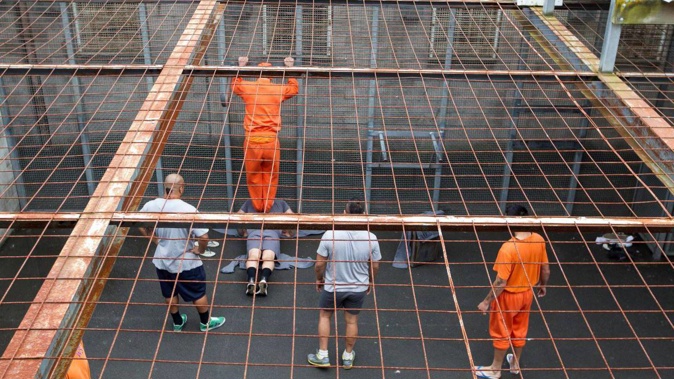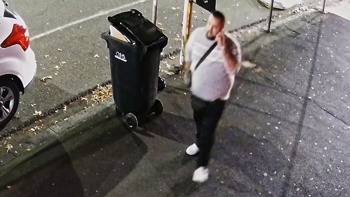
The price tag of keeping people in jail is increasing, even as New Zealand's prison population drops significantly.
Newstalk ZB can reveal each person behind bars costs roughly $150,000 a year – that's up $30,000 on the 2018/19 financial year.
The figures have prompted the Green Party to call prisons "an expensive failure", while National says the Government was good at dishing out money with no expectation of results.
Corrections Minister Kelvin Davis maintains "it's simple maths, [and] as the number of prisoners decreases, the amount of money per prisoner therefore increases on average".
But the Corrections Association is questioning the taxpayers' value for money and accusing Davis of playing politics over prisoner numbers.
Since March 2018, the prison population has reduced by more than 25 per cent, from a peak of 10,820 to 7677 today.
Over that same period, the average cost per prisoner has gone up from about $120,000 to $151,000, according to the National Party's calculations based on Corrections' annual reports.
Data released to Newstalk ZB by Corrections confirms the total cost of the country's prisons rose $140 million since 2018/19, from $1.1 billion to $1.3b.
Corrections deputy national commissioner Leigh Marsh has defended the increase, saying the overall cost of running a prison has not dropped.
"In the same way that the average cost per person in a flatting situation increases or decreases, depending on if there are more or less people in the house, the outgoing costs remain the same," he said.
/cloudfront-ap-southeast-2.images.arcpublishing.com/nzme/ZKGA6ANTPTXNECASORQXK2AER4.jpg)
Corrections deputy national commissioner Leigh Marsh. Photo / Supplied
He said fixed expenses – such as land leasing, staff, electricity and maintenance – do not immediately change.
"We cannot simply increase or decrease the footprint of a prison in line with the rise and fall of the prison population."
Davis said the increase per prisoner is also due to an extra $30.5m towards rehabilitation and reintegration.
"There's always a cost to doing things differently," he said.
But the National Party's corrections spokesman, Simon O'Connor, has claimed prison rehab programmes aren't delivering real results.
He pointed to New Zealand's high prisoner reoffending rate when compared to the rest of the OECD.
"Of those leaving, have they actually received the rehabilitation that they want and need? I think the answer for many is, no," he said.
"We're letting these people out, without having been given the support that most of us in New Zealand would expect."
/cloudfront-ap-southeast-2.images.arcpublishing.com/nzme/3ST42UZEMTJSEBJJS2GU2AY64I.jpg)
Minister of Corrections Kelvin Davis. Photo / Supplied
Davis dismissed these concerns, saying many of the former National government's initiatives didn't work.
"Alcohol and other drug programmes were delivered to around 2,000 individuals each year ... these have been replaced," he said.
"It's no use, just for the sake of appearances, pumping thousands of prisoners through very low-value programmes."
Corrections Association President Floyd du Plessis said he "completely disagrees" with the approach, and suggests Davis was "playing the political game".
"The only thing he keeps mentioning every single time is prison population ... that's his one measure of success."
"Unfortunately, if offending in the community has gone up, and violence in prisons has skyrocketed, clearly you haven't improved anything," he said.
"Prisons are expensive, it's a necessary evil ... [but] are we getting value for money?"
Greens Justice spokeswoman Golriz Ghahraman has gone one step further.
"Prisons are very clearly an expensive failure."
She wants to standardise prisoner rehab programmes.
"Community groups ... they do their best, but we don't know from prison to prison what a course will entail, who will be teaching it, and whether it'll be of the same standard as somewhere else," she said.
Corrections said a decrease in prisoners participating in some rehab programmes was down to, among other things, the disestablishment of lower-intensity programmes, and a greater proportion of people serving longer sentences or periods on remand.
Take your Radio, Podcasts and Music with you









